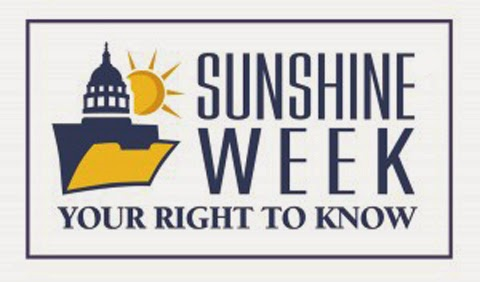American Library Association (ALA) President Julie B. Todaro on January 30, 2017 released the following statement on behalf of the ALA that reasserts the association's commitment to core values concerning access to information, intellectual freedom, diversity, social responsibility, and other issues:
“We are shocked and dismayed by recent executive orders and other actions by the new administration, which stand in stark contrast to the core values of the American Library Association. Our core values include access to information; confidentiality/privacy; democracy; equity, diversity and inclusion; intellectual freedom; and social responsibility.
“We are shocked and dismayed by recent executive orders and other actions by the new administration, which stand in stark contrast to the core values of the American Library Association. Our core values include access to information; confidentiality/privacy; democracy; equity, diversity and inclusion; intellectual freedom; and social responsibility.
“The American Library
Association strongly opposes any actions that limit free access to information,
undermine privacy, or discriminate on any basis. This includes the temporary
suspension of visas and entrance to the US based on anyone’s nationality
or religion as well as the increased scrutiny of any individual’s communication
such as mobile phone and/or social media activity.
“Our nation’s 120,000
public, academic, school, and special libraries serve all community members,
including people of color, immigrants, people with disabilities and the most
vulnerable in our communities, offering services and educational resources that
transform communities, open minds, and promote inclusion and diversity.
“ALA believes that the
struggle against racism, prejudice, stereotyping, and discrimination is central
to our mission. We will continue to speak out and support efforts to abolish
intolerance and cultural invisibility, stand up for all the members of the
communities we serve, and promote understanding and inclusion through our work.
“We will continue to
speak out and support our members as they work tirelessly for access to library
and information resources on behalf of all of their community members, while
advocating for privacy, intellectual freedom, critical global research,
information literacy, ongoing access to scientific research, and fair and
equitable treatment for everyone.
“As our strategic plan
states, ‘ALA recognizes the critical need for access to library and
information resources, services, and technologies by all people, especially
those who may experience language or literacy-related barriers; economic
distress; cultural or social isolation; physical or attitudinal barriers;
racism; discrimination on the basis of appearance, ethnicity, immigrant status,
housing status, religious background, sexual orientation, gender identity,
gender expression; or barriers to equal education, employment and housing.’
“We encourage our
members to continue to speak out and show their support for and work on behalf
of our core values, in their communities as well as with their local, state,
and national elected and appointed officials. Additionally, ALA has tools and
resources online to help you advocate for our core values:
- Advocacy
- Diversity,
Literacy, and Outreach Services
- Government
Relations
- Information
and Technology Policy
- Intellectual
Freedom
- Libraries Respond
“ALA is committed to
using its national platform for speaking up and speaking out for its members
and constituents in these chaotic, unprecedented, and challenging times. We
appreciate the library community’s continued support.”



